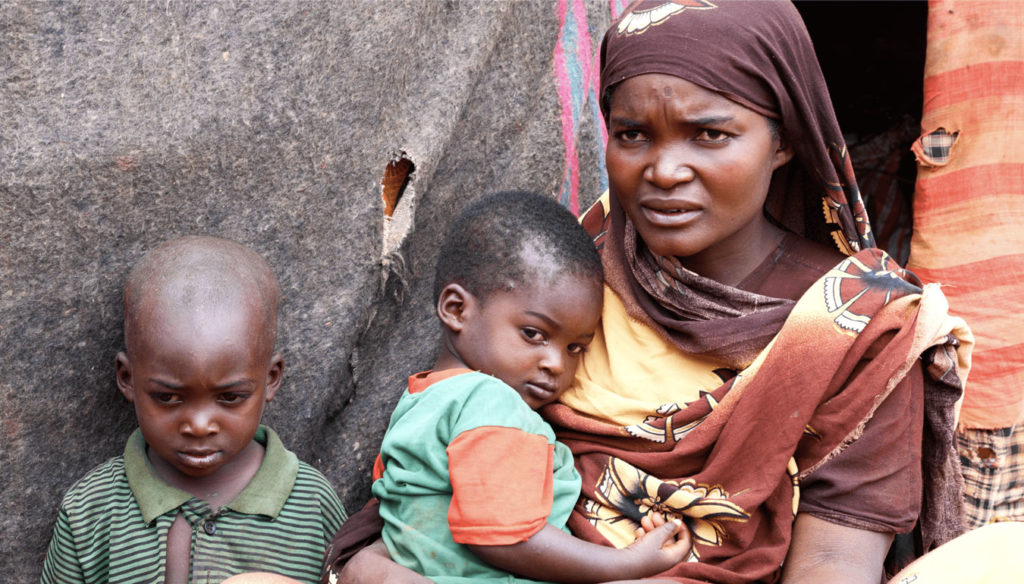In the Horn of Africa, we are witnessing the devastating impact of climate change in real time. One that is pushing the region on the brink of famine, causing mass death and devastation.
In 2022, the Horn of Africa suffered from the worst drought in 70 years. There had not been a drop of rain since 2020, making the 2021-22 rainy season the driest in decades. Harvests failed and millions of cattle perished, leaving countless livelihoods ruined.
The following year, parts of the region welcomed above-average rainfall. However, floods followed after the heavy rainfall, destroying more crops and livelihoods.
Today, the aftermath of these climate-induced natural disasters has left the country on the brink of famine. Millions of children are malnourished and people are dying from hunger.
This is the terrible reality almost 20 million people face in parts of Ethiopia, Kenya, and Somalia right now.
Due to climate change, droughts in the Horn of Africa have now become more frequent and intense, leading to critical water shortages and food prices spiralling out of control.
Millions of livestock have died and people are fleeing drought-hit villages to try to find food and water. Families are walking in scorching summer heat to reach camps where they can get aid. Many young children, the elderly, and vulnerable people have died from hunger and thirst on these journeys.
In 2022, Somalia alone saw more than 1 million people – 66% of them children – flee their homes. A harrowing reality that continues even now, as thousands in the region are uprooted every single day.
Stories like Khadija’s are heart-breaking and far too common. Khadijah is a mother of 7 children, she is currently 9 months pregnant and due to give birth at any time. She travelled for three days, walking over 120km, with her two youngest children to search for food and water. She eventually reached a camp where she received enough basic food to survive for just one week. The camp does not have sanitation, clean water, electricity, or medical facilities.

Khadijah and her children are in a very precarious position, like millions of other women and children, they do not know where their next morsel of food or gulp of water will come from.
We need to take urgent action NOW to prevent famine and mass deaths.
Islamic Relief is responding. So far, we have helped more than 167,000 people across the region and continue to assist thousands more. Our teams are providing people with food and cash, so that they can afford to buy food in local markets where it is available.
We are also implementing sustainable development projects. Our teams are improving water supplies by repairing old or damaged boreholes and drilling new ones.
We are also repairing traditional community water storage pools, and trucking in clean water where there is no other option. We train health workers how to treat severely malnourished children and support nutrition clinics.
Thanks to the generosity of our donors, we have been able to help some of the most vulnerable people at this critical time. But the response needs to be scaled up. The world must not wait for famine to be declared before helping people who are starving right now.
Please help us save lives in the Horn of Africa! This region suffers from the worst drought in 70 years, and people die from hunger. Your donation will help us provide food and water to those who need it most. Please help prevent famine and mass deaths!